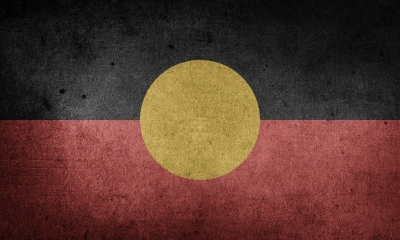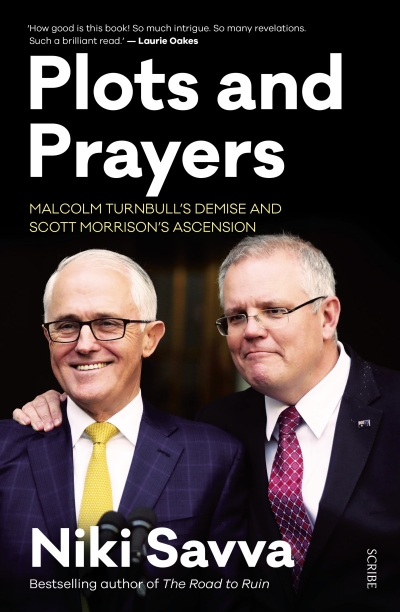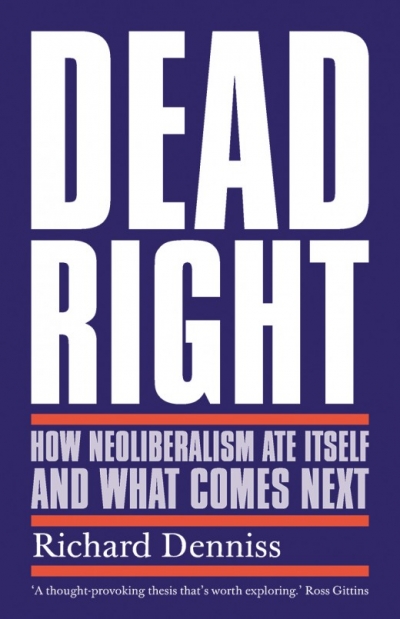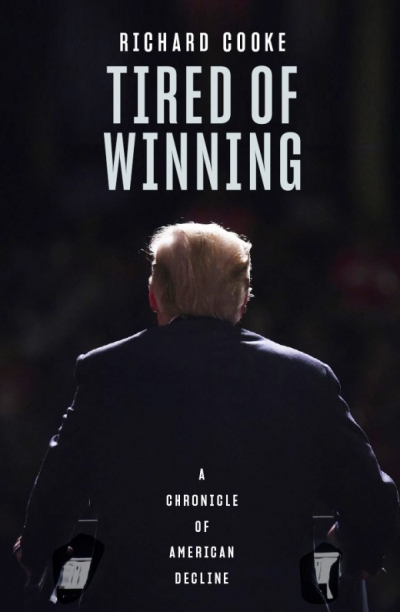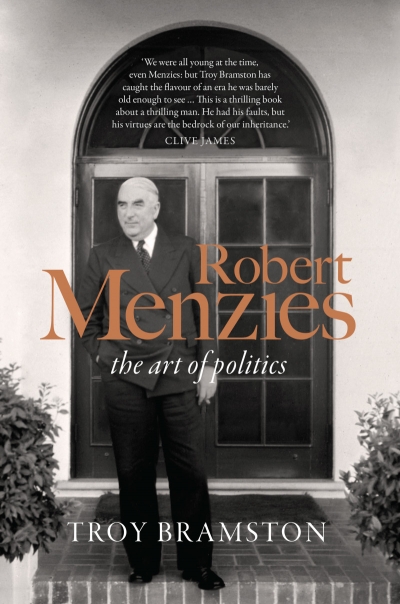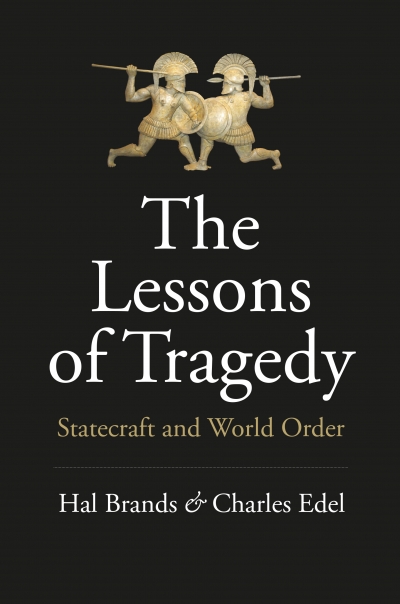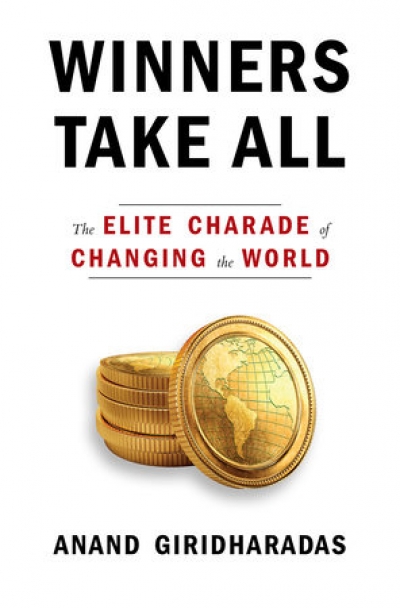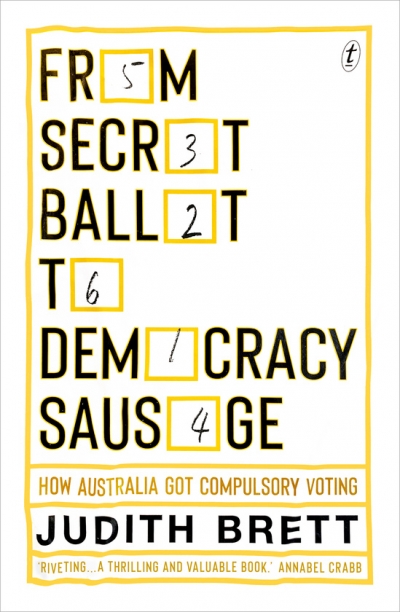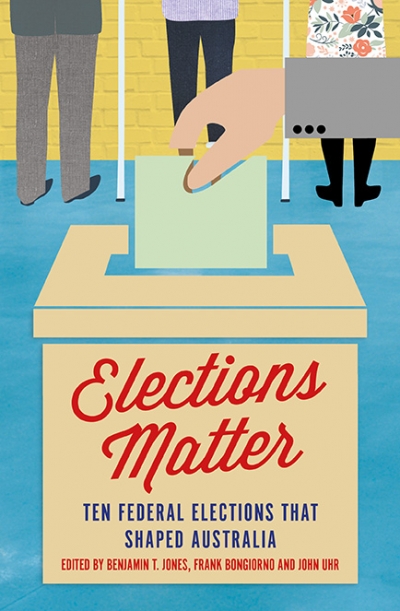Politics
Australia remains alone among the settler colonies for its lack of treaties with First Nations. This is despite the fact that Aboriginal and Torres Strait Islander peoples in Australia have been calling for a treaty for decades – since at least the 1970s and then more forcefully during the Treaty ’88 Campaign ...
... (read more)Plots And Prayers: Malcolm Turnbull’s demise and Scott Morrison’s ascension by Niki Savva
It’s a challenge to navigate the maze of books published after an election as winners and losers pore over the entrails of victory and defeat. It’s even more challenging when that election delivers a result almost nobody expected. Who’s telling the truth? Who’s lying to protect their legacy?
... (read more)Dead Right: How neoliberalism ate itself and what comes next by Richard Denniss
A spectre is haunting Australia, that of neo-liberalism. For the last thirty years, both major parties have subscribed to its tenets in order to propitiate big business. It is an ideology (and language) that dare not speak its name. Instead, from London, from Berlin, from Washington, DC, politicians beat the gongs of ...
... (read more)Tired of Winning: A chronicle of American decline by Richard Cooke
Tired of Winning: A chronicle of American decline by journalist and essayist Richard Cooke begins with the shock of Donald Trump’s election on 8 November 2016. In New York’s Lincoln Square, thousands of Clinton supporters were ‘stunned into silence’ while ‘a posse of drunk frat boys in MAGA caps announced themselves ...
... (read more)The Lessons of Tragedy: Statecraft and world order by Hal Brands and Charles Edel
'History repeats itself,’ Karl Marx wrote presciently in The Eighteenth Brumaire of Louis Napoleon. ‘The first time as tragedy, the second time as farce.’ The central themes of Hal Brands and Charles Edel’s The Lessons of Tragedy are clear. In the developed world, we are complacent about world order, democracy, and civil society ...
... (read more)Winners Take All: The elite charade of changing the world by Anand Giridharadas
From McKinsey analyst to honoured author, New York Times correspondent, familiar face on MSNBC. Awarded a prestigious Henry Crown Fellowship at Aspen, invited onto private planes amid discussion of drinking-water projects in Kenya and improved farm supply chains in India. Not one but two TED talks ...
... (read more)As part of his budget speech to the House of Representatives in April, Josh Frydenberg, the federal treasurer, announced that his suite of policy changes would ‘deliver better outcomes for all Australians’. Such talk is par for the course in parliamentary democracies ...
... (read more)From Secret Ballot to Democracy Sausage: How Australia got compulsory voting by Judith Brett
In July 1924, a Tasmanian senator from the conservative Nationalist Party, Herbert Payne, introduced a bill to bring about compulsory voting in Australian national elections. His proposal aroused little discussion. Debate in both the Senate and the House of Representatives – where another forgotten politician ...
... (read more)Elections Matter: Ten federal elections that shaped Australia edited by Benjamin T. Jones, Frank Bongiorno, and John Uhr
The atmosphere among Australian electors lining up to cast a vote at a school, hall, or similar institution is generally relaxed and informal, a ‘vibe’ enhanced by the friendly banter of local party members handing out ‘How to Vote’ cards. But the casualness of the Australian way of voting cannot ...
... (read more)
